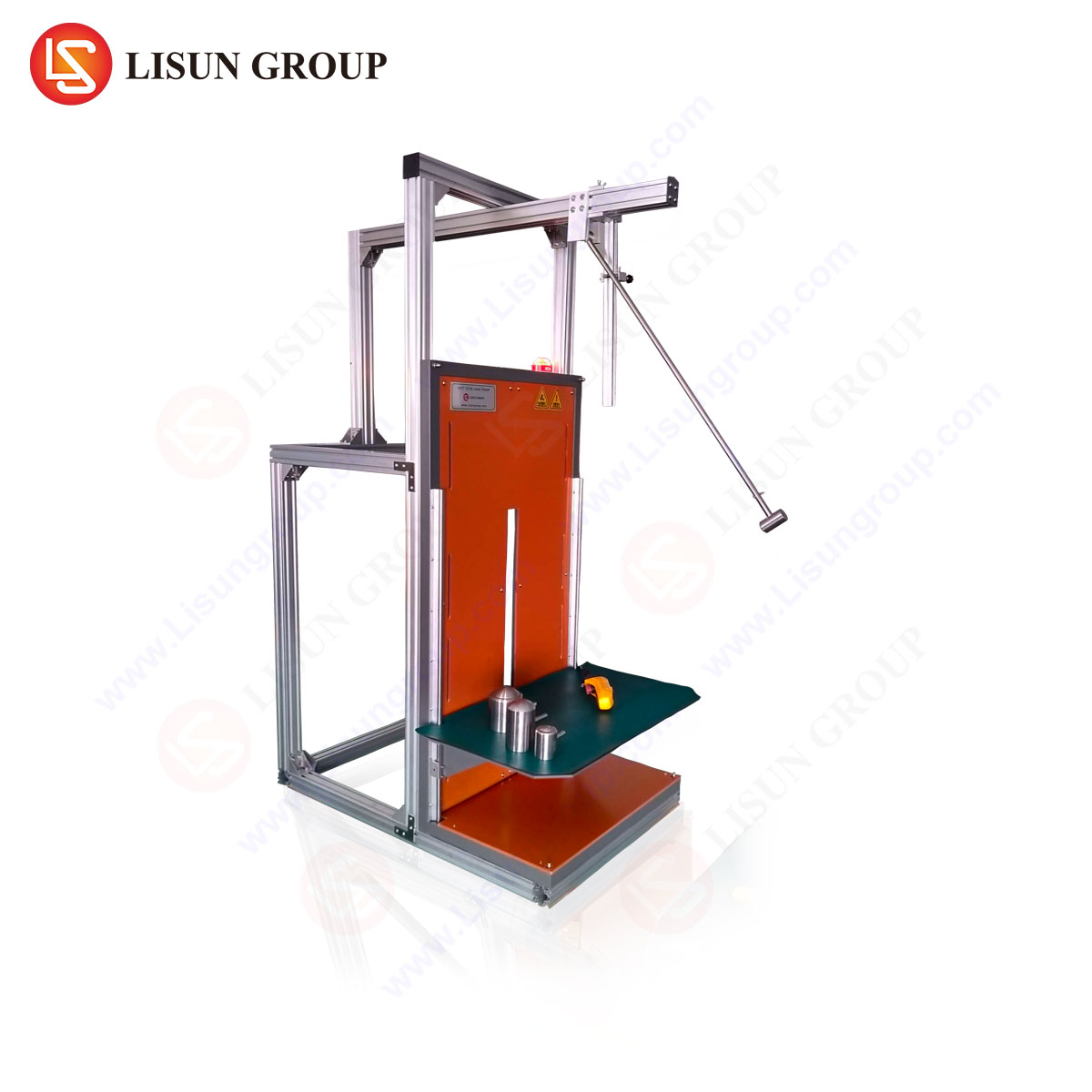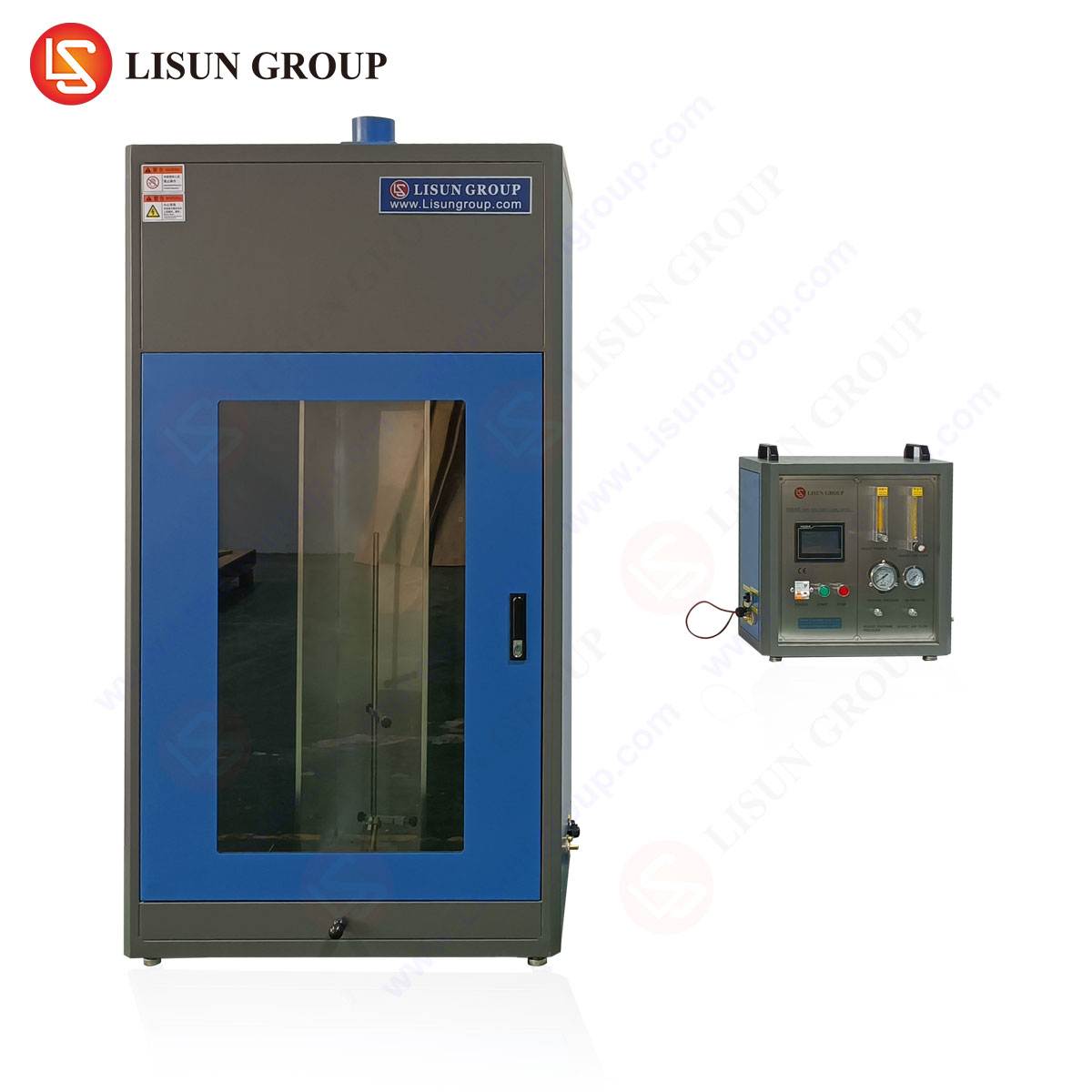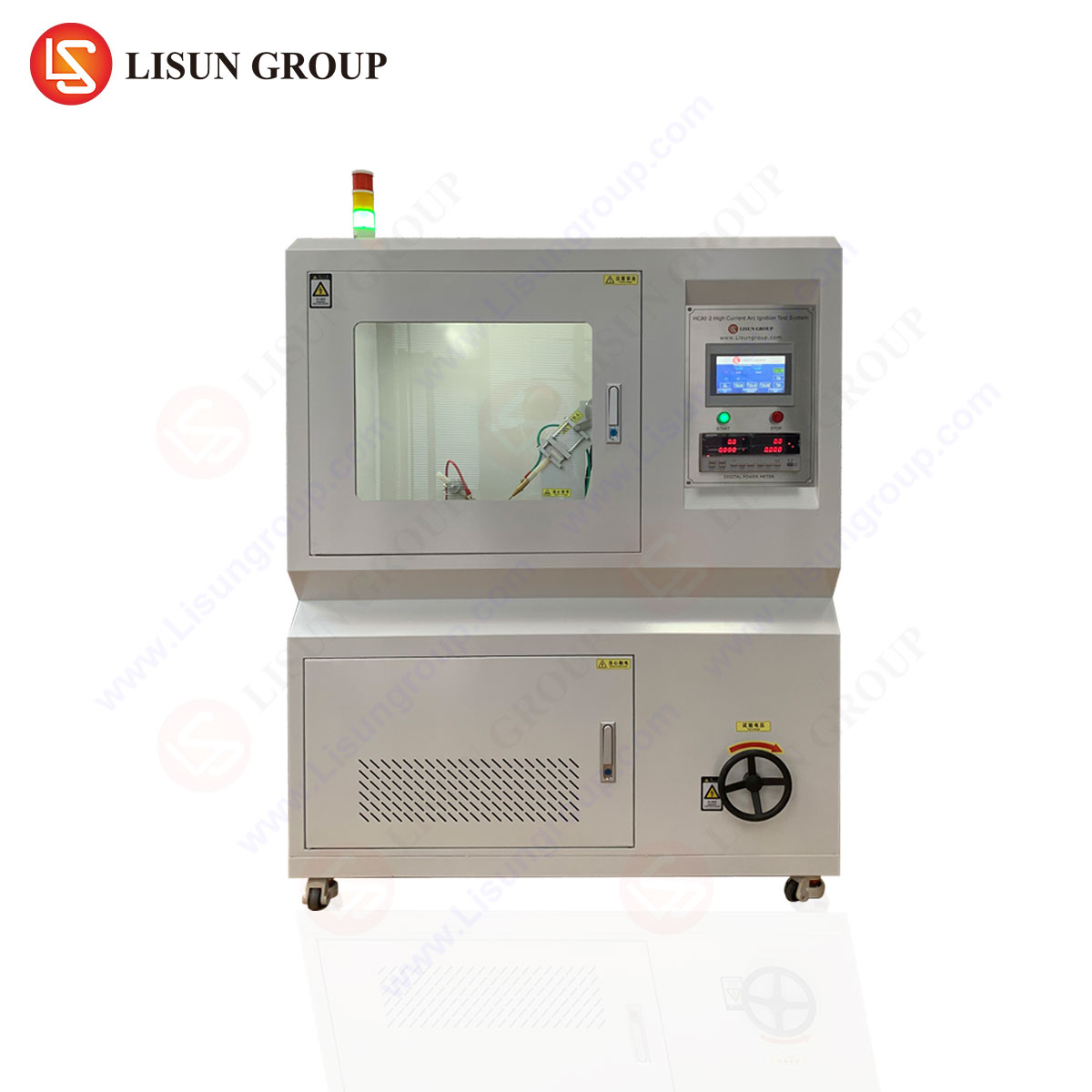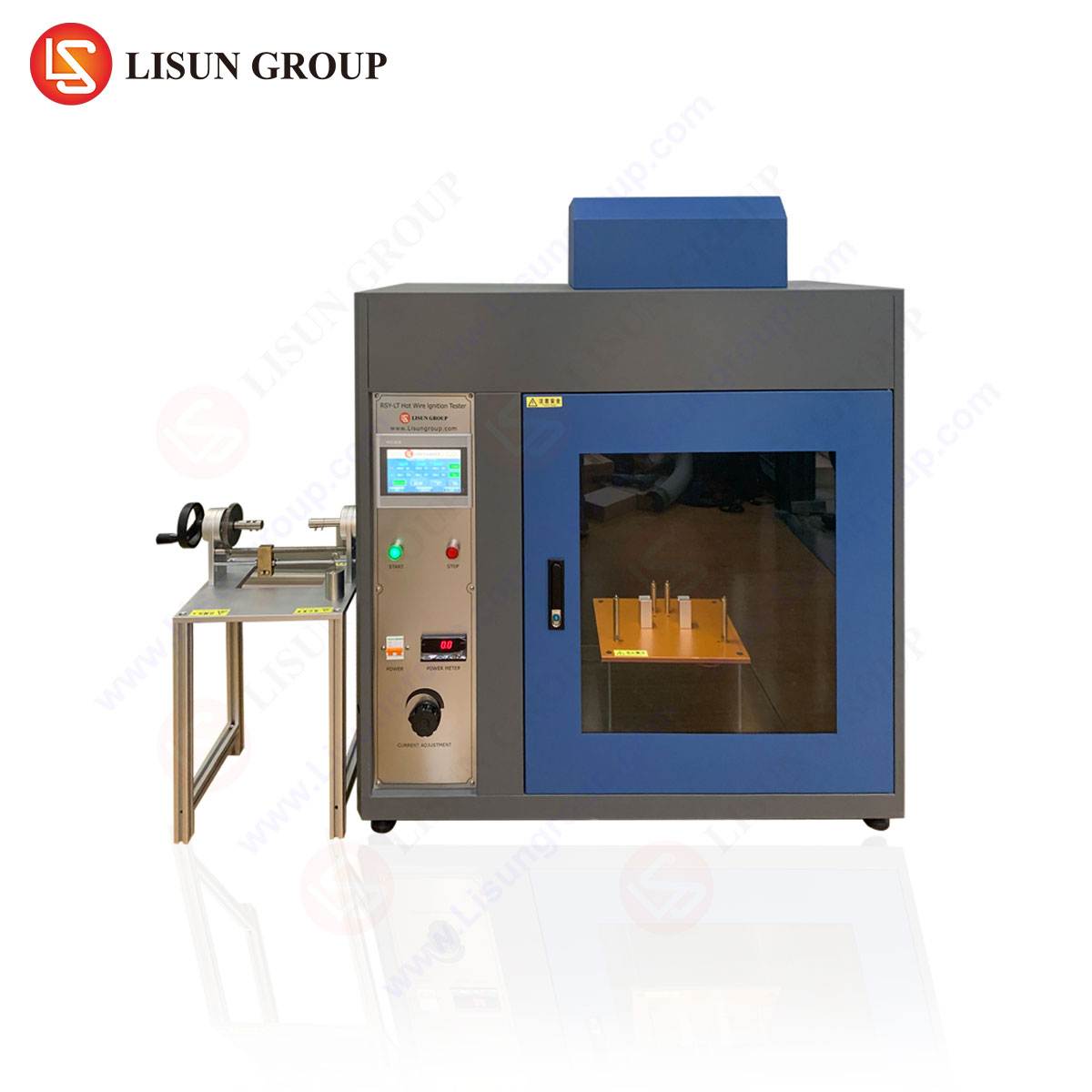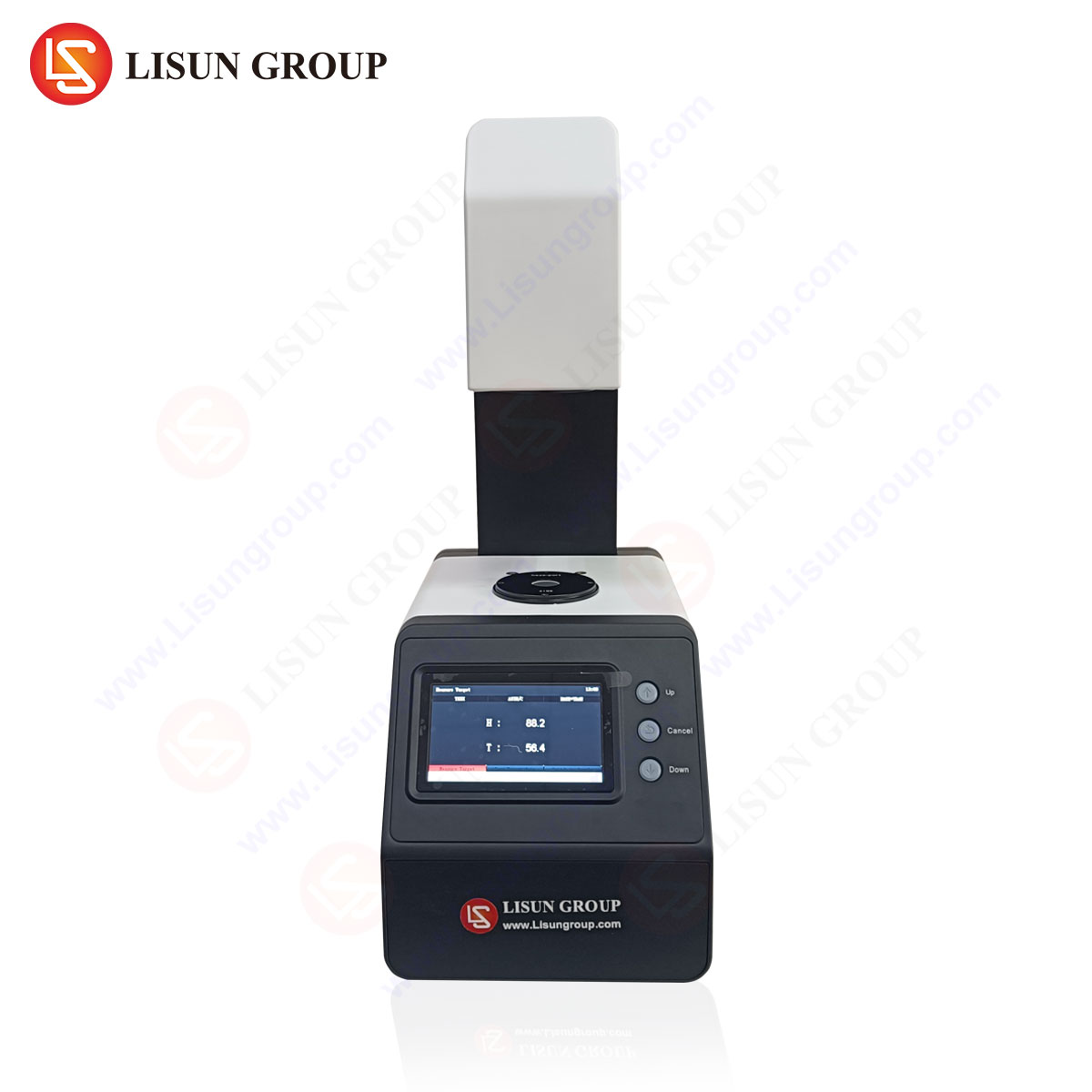Introduction to Drop Testing and Its Industrial Significance
Drop testing is a critical quality assurance procedure employed across multiple industries to evaluate the durability and structural integrity of products subjected to impact forces. The process simulates real-world scenarios where products may experience accidental drops during transportation, handling, or operational use. Industries such as electrical and electronic equipment, automotive electronics, and aerospace components rely on standardized drop tests to ensure compliance with international safety and performance benchmarks.
Ten LISUN DT-60KG Drop Test Machine is engineered to meet rigorous testing demands, offering precise control over drop height, impact surface selection, and repeatability. This article examines the pricing determinants of test upadku machines, with a detailed analysis of the DT-60KG’s technical advantages, industry applications, and cost-influencing factors.
Key Specifications of the LISUN DT-60KG Drop Test Machine
The DT-60KG model is designed for evaluating products with a maximum weight of 60 kg, making it suitable for mid-to-large-scale industrial applications. Key specifications include:
- Maximum Drop Height: Adjustable up to 2 meters, accommodating various testing standards.
- Test Platform Dimensions: 1000 × 700 mm, providing sufficient space for bulky components.
- Impact Surface Options: Steel, concrete, or plywood, selectable based on test requirements.
- Drop Angle Control: Adjustable release mechanism to ensure consistent impact orientation.
- Funkcje bezpieczeństwa: Electromagnetic locking system and emergency stop function.
- Standardy zgodności: IEC 60068-2-32, MIL-STD-810, ISO 2248, and other industry-specific protocols.
These specifications position the DT-60KG as a versatile solution for industries requiring repeatable and reliable impact testing.
Pricing Determinants of Drop Test Machines
The cost of a drop test machine is influenced by several technical and operational factors:
1. Load Capacity and Structural Robustness
Higher load capacities necessitate reinforced construction materials, such as hardened steel frames and precision-engineered release mechanisms. The DT-60KG’s 60 kg capacity places it in a competitive mid-range segment, balancing affordability with industrial-grade durability.
2. Automation and Control Systems
Advanced models incorporate programmable logic controllers (PLCs) and touchscreen interfaces for automated test sequencing. While manual systems are cost-effective, semi-automated or fully automated variants, like the DT-60KG, command a premium due to enhanced repeatability and reduced operator intervention.
3. Compliance with Industry Standards
Machines certified for multiple international standards (e.g., IEC, ISO, MIL-STD) undergo rigorous validation, increasing production costs. The DT-60KG’s adherence to diverse regulatory frameworks justifies its pricing relative to non-certified alternatives.
4. Customization and Accessories
Optional features such as environmental chambers (for combined temperature and drop testing), high-speed cameras, or data acquisition systems contribute to price variability. The DT-60KG supports modular upgrades, allowing enterprises to scale functionality as needed.
5. Manufacturing and Supply Chain Factors
Material costs, labor intensity, and regional economic conditions influence final pricing. LISUN’s vertically integrated production process mitigates supply chain volatility, ensuring consistent pricing for the DT-60KG.
Comparative Analysis of Drop Test Machine Costs
A market survey reveals that drop test machines range from $5,000 for basic benchtop units to over $50,000 for high-capacity, automated systems. The DT-60KG occupies a mid-tier price bracket (approximately $15,000–$25,000), offering an optimal balance between performance and affordability.
| Funkcja | Entry-Level Machines | Mid-Range (DT-60KG) | High-End Systems |
|---|---|---|---|
| Max Load Capacity | ≤20 kg | 60 kg | ≥100 kg |
| Poziom automatyzacji | Manual | Semi-Automated | Fully Automated |
| Standard Compliance | Limited | Multi-Standard | Extensive |
| Typical Price Range | $5,000–$10,000 | $15,000–$25,000 | $30,000–$50,000+ |
The DT-60KG’s competitive pricing is further justified by its adaptability across industries, reducing the need for multiple specialized testers.
Industry-Specific Applications of the DT-60KG
1. Sprzęt elektryczny i elektroniczny
Consumer electronics (e.g., smartphones, laptops) and industrial control systems undergo drop testing to validate resilience against mishandling. The DT-60KG’s adjustable height and surface options simulate different impact scenarios, ensuring compliance with IEC 60068-2-32.
2. Elektronika samochodowa
Components like infotainment systems, sensors, and wiring harnesses are tested for shock resistance. Automotive suppliers leverage the DT-60KG to meet OEM durability requirements.
3. Komponenty lotnicze i kosmiczne
Avionics and communication devices must withstand accidental drops during maintenance. The machine’s precision release mechanism ensures consistent test conditions, critical for FAA and EASA certifications.
4. Urządzenia medyczne
Portable diagnostic equipment and surgical tools are subjected to repeated drops to assess structural integrity. The DT-60KG’s repeatability ensures reliable data for FDA submissions.
Competitive Advantages of the DT-60KG
- Modułowa konstrukcja: Supports future upgrades, extending operational lifespan.
- Efektywność energetyczna: Electromagnetic release minimizes mechanical wear.
- Global Compliance: Pre-configured test protocols for international markets.
- User-Friendly Interface: Reduces training time and operator errors.
Często zadawane pytania (FAQ)
Q1: What is the recommended maintenance schedule for the DT-60KG?
A: Quarterly inspections of the release mechanism and impact surfaces are advised. Lubrication of moving parts and calibration checks ensure long-term accuracy.
Q2: Can the DT-60KG test irregularly shaped objects?
A: Yes, custom fixtures can be integrated to secure asymmetrical products during testing.
Q3: How does the DT-60KG compare to free-fall drop testers?
A: Unlike free-fall testers, the DT-60KG provides controlled release angles and heights, improving repeatability.
Q4: Is the machine compatible with third-party data logging systems?
A: Yes, it supports RS-232 and USB outputs for integration with external analysis software.
Q5: What industries benefit most from the DT-60KG’s 60 kg capacity?
A: Automotive electronics, industrial control systems, and large household appliances are primary beneficiaries due to their weight and durability requirements.
By addressing these factors, the LISUN DT-60KG emerges as a cost-effective, high-performance solution for enterprises prioritizing product reliability and regulatory compliance.


